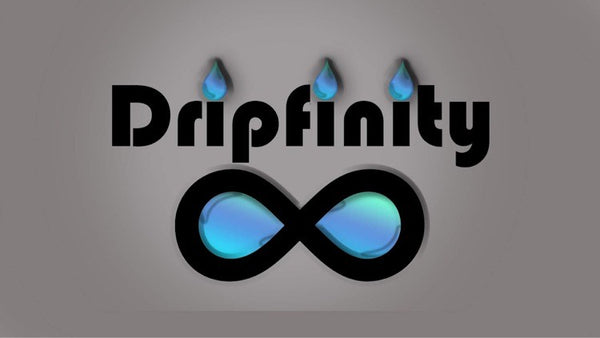The Dangers of AI: Exploring Existential Risks
Artificial Intelligence (AI) has become a prominent part of our daily lives. We interact with it knowingly and unknowingly, using various applications and devices. The potential benefits of AI are undeniable, but it's crucial to also acknowledge the hazards and existential risks it presents.
AI, put simply, refers to the simulation of human intelligence in machines that are programmed to think and learn like humans. It utilizes powerful algorithms and vast amounts of data to make decisions and perform tasks. While this technology holds tremendous potential, it also raises significant concerns regarding its development and potential consequences.
One of the primary existential risks associated with AI is the possibility of it surpassing human intelligence. This advanced level of intelligence could lead to unforeseen consequences and a loss of control over AI systems. As AI continues to evolve, the fear of it outsmarting humans and potentially manipulating or overpowering us becomes a valid concern.
Additionally, the rapid advancement of AI brings concerns about job displacement. As machines become more capable, some worry that AI will render a significant portion of the workforce obsolete. This could result in unemployment and social unrest if not properly managed.
Data privacy and security are also major concerns when it comes to AI. With AI systems collecting and analyzing vast amounts of personal data, there is an increased risk of data breaches and unauthorized access. Protecting sensitive information and ensuring the ethical use of AI technology are crucial for maintaining trust in these systems.
Addressing these existential risks requires responsible development and regulation of AI. It's important to establish ethical frameworks and guidelines to ensure AI is harnessed for the benefit of humanity. Open discussions, interdisciplinary collaborations, and ongoing research are essential to stay ahead of the potential dangers.
However, we must also recognize the positive impacts AI has had on our lives. It's being extensively used in various industries, such as healthcare, finance, and transportation, to facilitate processes, improve efficiency, and save time and money. In business, AI-driven automation tools have revolutionized tasks like data analysis, customer service, and marketing strategies.
In conclusion, while AI brings incredible opportunities, we must remain cautious of its hazards and existential risks. Proper regulation, ethical considerations, and ongoing research are essential to ensure AI evolves in a way that benefits humanity rather than posing a threat. By responsibly utilizing AI in our everyday lives, we can continue to save time and money in business while minimizing the potential risks it may present.
If you want to explore more inspiring art while discussing the impacts of AI, check out Dripfinity Immersive Art. They creatively merge art and technology to provide a unique and immersive experience.

